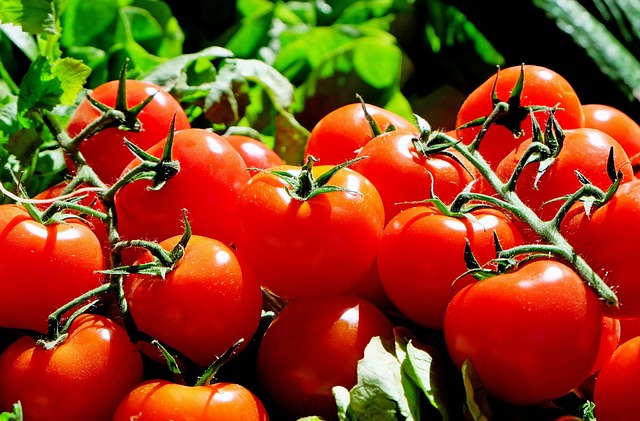Many people have heard of probiotics and the benefits they can provide for digestive and overall health. But when it comes to incorporating probiotics into your diet, the options can seem overwhelming. Two common sources of probiotics are supplements and foods. But what is the difference between probiotic supplements and probiotic foods, and which one is better for your health?
Probiotic Supplements
Probiotic supplements are exactly what they sound like: capsules or gummies that contain high amounts of probiotic bacteria intended to improve gut health. There are a wide variety of probiotic supplements available, made by different companies and containing different strains of bacteria. One of the benefits of probiotic supplements is that they typically contain a higher concentration of probiotics than probiotic-rich foods.
There are several different strains of probiotic bacteria, each of which has been shown to provide different health benefits. Before choosing a probiotic supplement, it is important to research which strain or strains will best address your specific health concerns. Common strains include Lactobacillus acidophilus, Bifidobacterium lactis, and Saccharomyces boulardii.
Another benefit of probiotic supplements is that they are often more convenient than probiotic-rich foods. Supplements can be taken on the go, without requiring any extra preparation or cooking. They also have a longer shelf-life than fresh foods, meaning that you can stock up on them and always have them on hand.
However, there are also some downsides to probiotic supplements. They can be expensive, and there is less regulation of supplements compared to foods. Some supplements may not contain the number of bacteria advertised on the label, or may not contain the strains of bacteria that they claim to. It is important to do your research and choose a reputable brand when buying probiotic supplements.
Probiotic Foods
Probiotic foods are those that naturally contain live cultures of beneficial bacteria. Examples of probiotic-rich foods include yogurt, kefir, sauerkraut, kimchi, and kombucha. Eating these foods on a regular basis can help to improve gut health and boost your overall immune system.
One of the benefits of probiotic foods is that they are all-natural. You know exactly what you are getting when you eat fermented foods, as they do not contain any additives or preservatives. They are also more affordable than supplements, as you can often make your own fermented foods at home.
Another benefit of probiotic foods is that they can provide a wider range of health benefits beyond just probiotics. For example, sauerkraut is a good source of vitamin C, while kefir is high in calcium and protein. By incorporating a variety of probiotic-rich foods into your diet, you can reap the benefits of both the probiotics and other nutrients.
However, there are also some downsides to probiotic foods. Fermented foods can be an acquired taste, and not everyone enjoys their tangy, sour flavor. They also require some preparation and planning to make at home, and can be more perishable than supplements. If you don’t eat fermented foods regularly, it can be difficult to get consistent benefits from them.
Which is Better?
So, which is better: probiotic supplements or probiotic foods? The truth is, both can be beneficial for your gut health. The best option for you will depend on your personal preferences, budget, and health concerns.
If you are looking for a convenient and high-potency option, probiotic supplements might be the way to go. However, if you are on a tight budget or prefer to get your nutrients from whole foods, probiotic-rich foods might be a better choice. Alternatively, you could combine both probiotic supplements and foods, to get the benefits of both.
In conclusion, probiotics can be a valuable addition to your diet, whether you choose to get them from supplements or foods. By considering the benefits and drawbacks of both options, you can make an informed decision about which way to incorporate probiotics into your routine.







